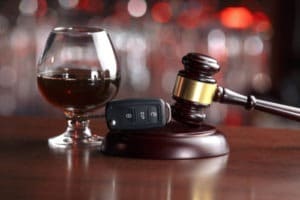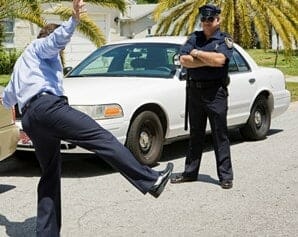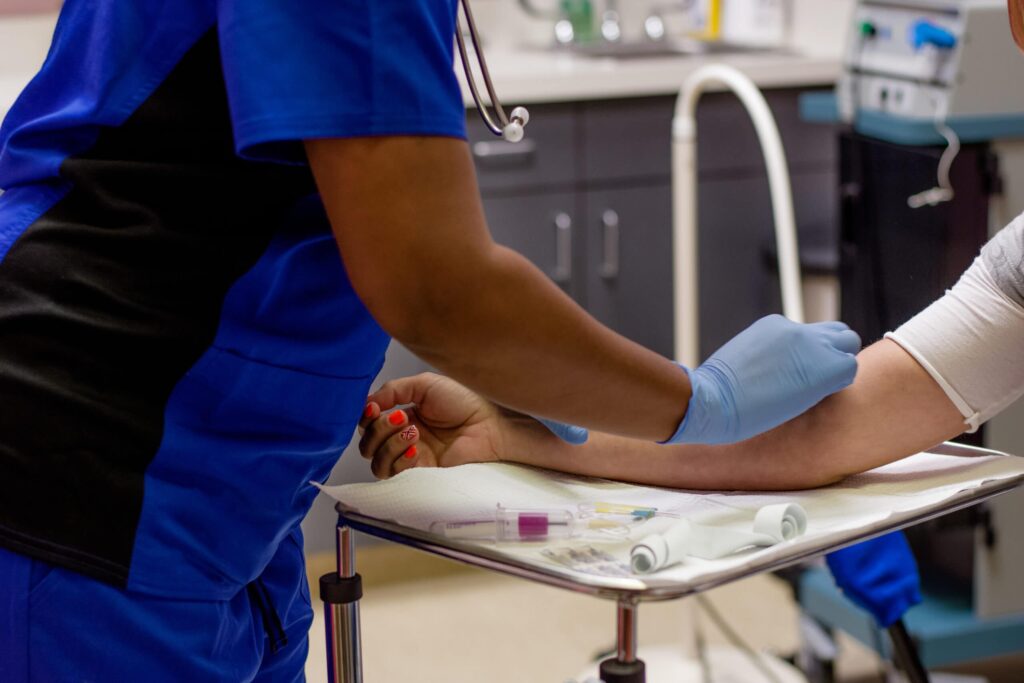
A wet reckless is a plea bargain that can be made by someone charged with DWI/DUI. This is essentially a lesser charge acknowledging reckless driving with alcohol present. There are fewer penalties and punishments attached to a wet reckless conviction than a standard DWI.
However, Texas is one of the many states that does not allow the prosecution to offer this plea bargain. The law specifically prohibits the prosecution or judge from reducing a DWI charge to a non-DWI offense, which is what a wet reckless is. That being said, you shouldn’t give up hope if you have been charged with DWI in Houston.
Can my DWI Charges Still be Reduced?
Even though Texas prohibits you from pleading your DWI charge down to a wet reckless, your attorney may still be able to make a deal with prosecutors. How might this happen? While Texas does not allow certain charge bargaining in DWI cases, they do allow sentence bargaining.
In a DWI case, you could be facing the following penalties:
- Thousands of dollars in fines
- License suspension
- Jail or prison time
When the representing lawyer utilizes sentence bargaining, they may be able to secure lesser penalties. However, you are still charged with DWI. For example, you could get the fines or jail time waived in place of agreeing to community service. Additionally, you could limit your license suspension by working out a deal to have an ignition interlock device installed instead, allowing you to continue driving.
If you were charged with drunk driving, you don’t have to fight your charges alone. Even if a conviction seems inevitable, our Houston DWI attorney can work to get your penalties reduced, and your record shielded as much as possible. With over 15 years of experience and time spent as a former chief prosecutor, Attorney Martinez is highly knowledgeable in understanding how to defend against DWI charges aggressively.
Call a 10.0 Superb rated lawyer who has been rated as a Top DUI Lawyer by H Texas Magazine and Avvo. We are available for a FREE initial consultation online or when you call (713) 489-9773!

They are not.
Texas has decided that field sobriety checkpoints are unconstitutional and therefore the state does not implement them. In 1991, the Texas Court of Criminal Appeals decided that such checkpoints violated the Fourth Amendment’s protections against illegal searches and seizures.
What about in other states?
While field sobriety checkpoints or DWI roadblocks are not allowed in Texas, nearly 40 other states do conduct them. Sobriety checkpoints are traffic stops where police officers are stationed to check drivers for signs of alcohol or drug impairment. Law enforcement may stop vehicles randomly and are not allowed to specifically profile any car or individual.
If you happen to be driving in a state where field sobriety checkpoints are allowed, you should take precautions against being arrested at a checkpoint. Even if you are just visiting, you should always make plans to avoid getting behind the wheel after drinking.
Follow these tips if you happen to run into a DUI field sobriety checkpoint in another state:
- Do not commit a traffic violation to try and avoid a checkpoint
- Act compliant if an officer asks for your information
- Politely decline to give the officer any incriminating facts about your evening
- Do not agree to take any field sobriety tests
- Do not consent to allow an officer to search your car
Police only require a reasonable suspicion that you have been driving while intoxicated to arrest you, so if you approach a field sobriety checkpoint, refrain from erratic driving, or from giving an officer excuses or answers about your drinking. You should keep your conversation with the officer short and polite and keep from arguing or complaining.
Free Evaluation from Our Top DUI Lawyer
Charged with DWI at a checkpoint? Call on The Martinez Law Firm in Houston for help! Receive the representation you deserve from a Top DUI Attorney, as rated by Avvo and H Texas Magazine. With over 15 years of experience, you can trust that Attorney Martinez will put his extensive knowledge to work for your case.
A free consultation is offered when you call (713) 489-9773!

Under the implied consent law, you are obligated to take a breath or blood test when a police officer charges you with a DWI. However, it is important to note that officers must have reasonable cause to pull you over, accuse you of DWI, and then request that you submit to a chemical test.
Why should I agree to take a breath or blood test?
After being arrested, an officer should inform you that if you refuse to take either of them, your license will be suspended for at least 180 days. They should also notify you that your license will be suspended for 90 days or more if a test determines your blood alcohol was more than 0.08%.
However, there are several reasons that consenting to a test can be beneficial:
- You will avoid having your license suspended outside of your DWI case
- Your attorney can argue against the test evidence in court
- You could still be found guilty even if you refuse the test
- You may immediately lose driving privileges throughout your entire case
Even when you consent to a chemical test and have a BAC over the legal limit, you can apply to have temporary and restricted driving privileges while your attorney argues your case in court. However, when you refuse to consent to a test, it can often be harder to get this license suspension overturned.
What occurs after a refusal?
When you refuse to submit to a test, an officer will have you sign a statement that says you were informed of the consequences of a refusal. You will then have your license taken by the officer in exchange for a temporary license which is only valid for the next 41 days.
After this, you will have only 15 days in which to schedule an administrative hearing to contest your license suspension. At this hearing, you will need to prove the officer did not have probable cause to stop you or that you in fact did not refuse a test or were not properly informed of the consequences.
Refusing to take a chemical test generally does not help your cause. It may appear that it does at first since a conviction and jail time is worse than a 180-day suspension, but just because you refused to take a test does not mean you cannot be found guilty.
Contact Our Top DUI Attorney
Whether you refused or consented to a chemical test and are now facing charges, be sure to reach out to our knowledgeable firm today. Attorney Martinez has over 25 years of experience defending those accused of drunk driving charges throughout Texas. In his experience as a former chief prosecutor, he knows what the other side is looking to find and how to properly defend against their tactics. With a 10.0 Superb rating on Avvo and rated as a Top DUI lawyer by multiple publications, do not hesitate to get in touch with our accomplished firm today!
Call today for your free initial case evaluation at (713) 489-9773!

